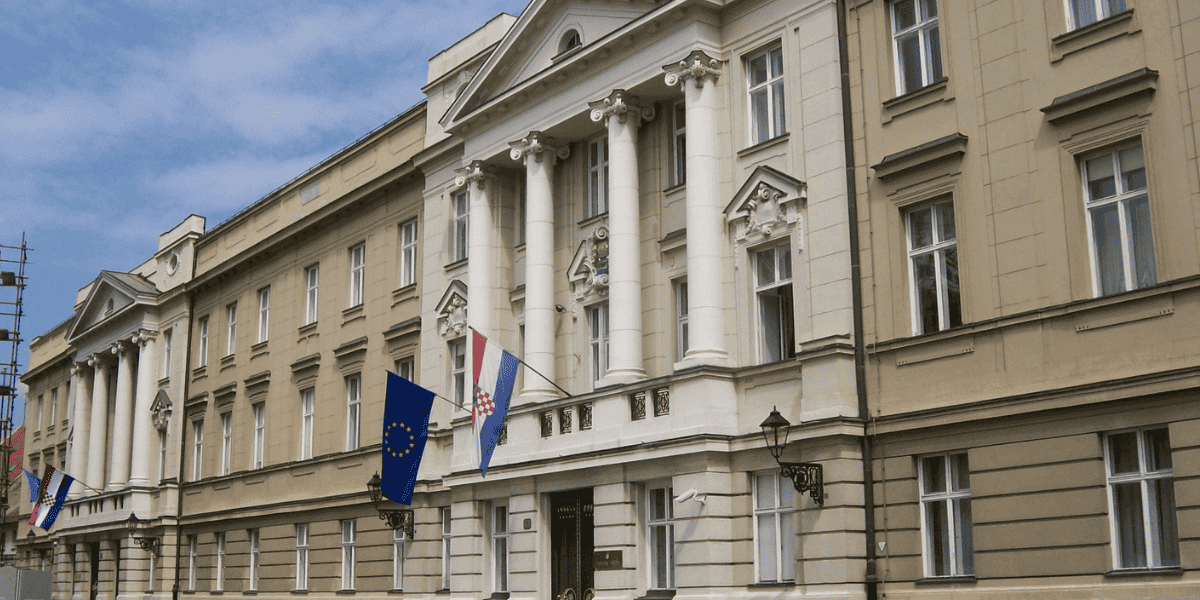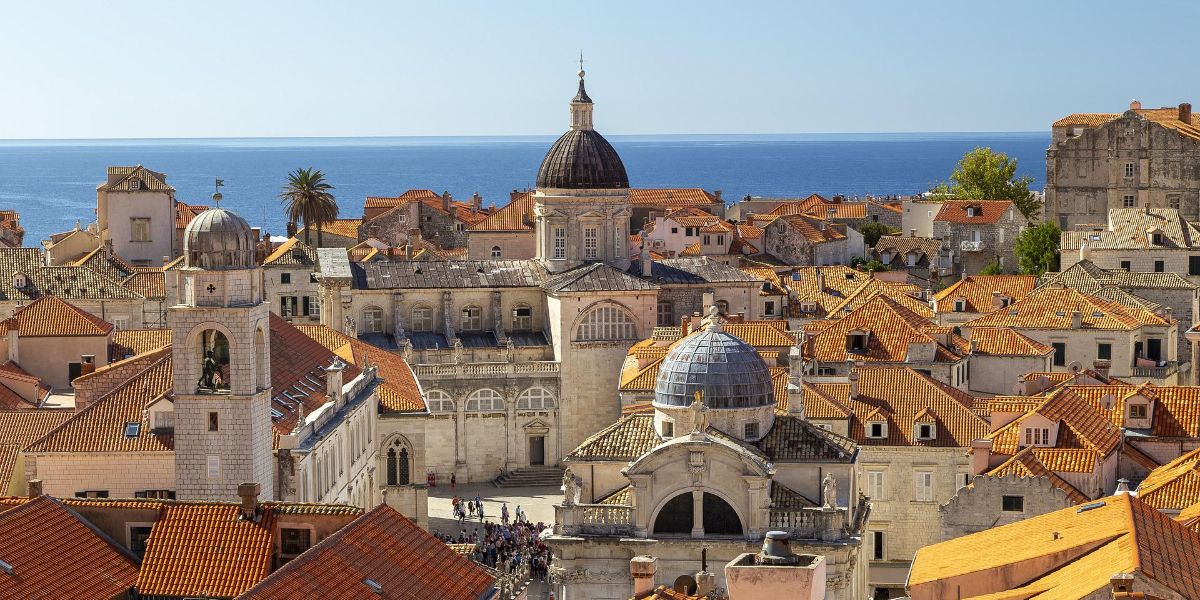The International Monetary Fund (IMF) has issued a concluding statement of preliminary findings following consultations with Croatia under Article IV of its articles of agreement. In 2015 Croatia’s economy is expected to grow for the first time in seven years but only by 0.5%. Economic recovery will recover to growth rates between 1.5% and 2% in subsequent years.
Efforts to consolidate government spending have been neutralized by weak government revenue. Fiscal policy needs to find a balanced position of fiscal consolidation without putting a further strain on the weak economy.
The IMF notes that a revision of the tax brackets in the 2015 budget effectively gives an income tax cut of around 0.6%. This is partly offset by excise taxes on gasoline and tobacco and a new tax on interest received. However the spending cuts that also offset this rise are not clearly specified. Also the tax revenue estimates in the budget are subject to downside risk.
The IMF considers that the Croatian government should have foregone the income tax cut which benefits mainly medium and high earners. The government should instead have carried out revenue raising measures such as reducing the exemptions from personal income tax together with reductions in child benefit for high earners. The tax break for reinvested corporate earnings should also be limited. One of the measures suggested by the IMF for 2016 and later years is to complete the preparations for a modern property tax as these have currently stalled.













